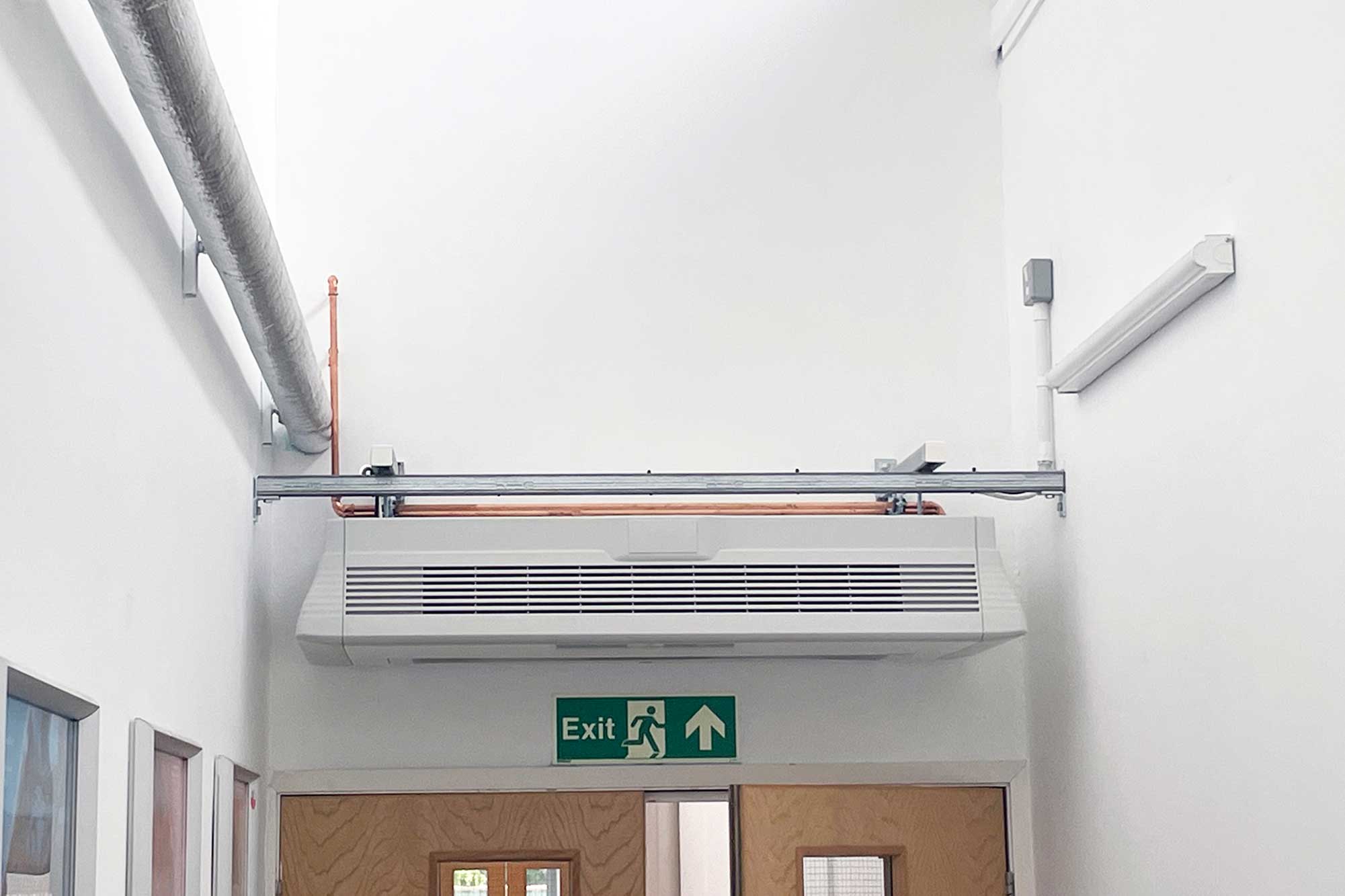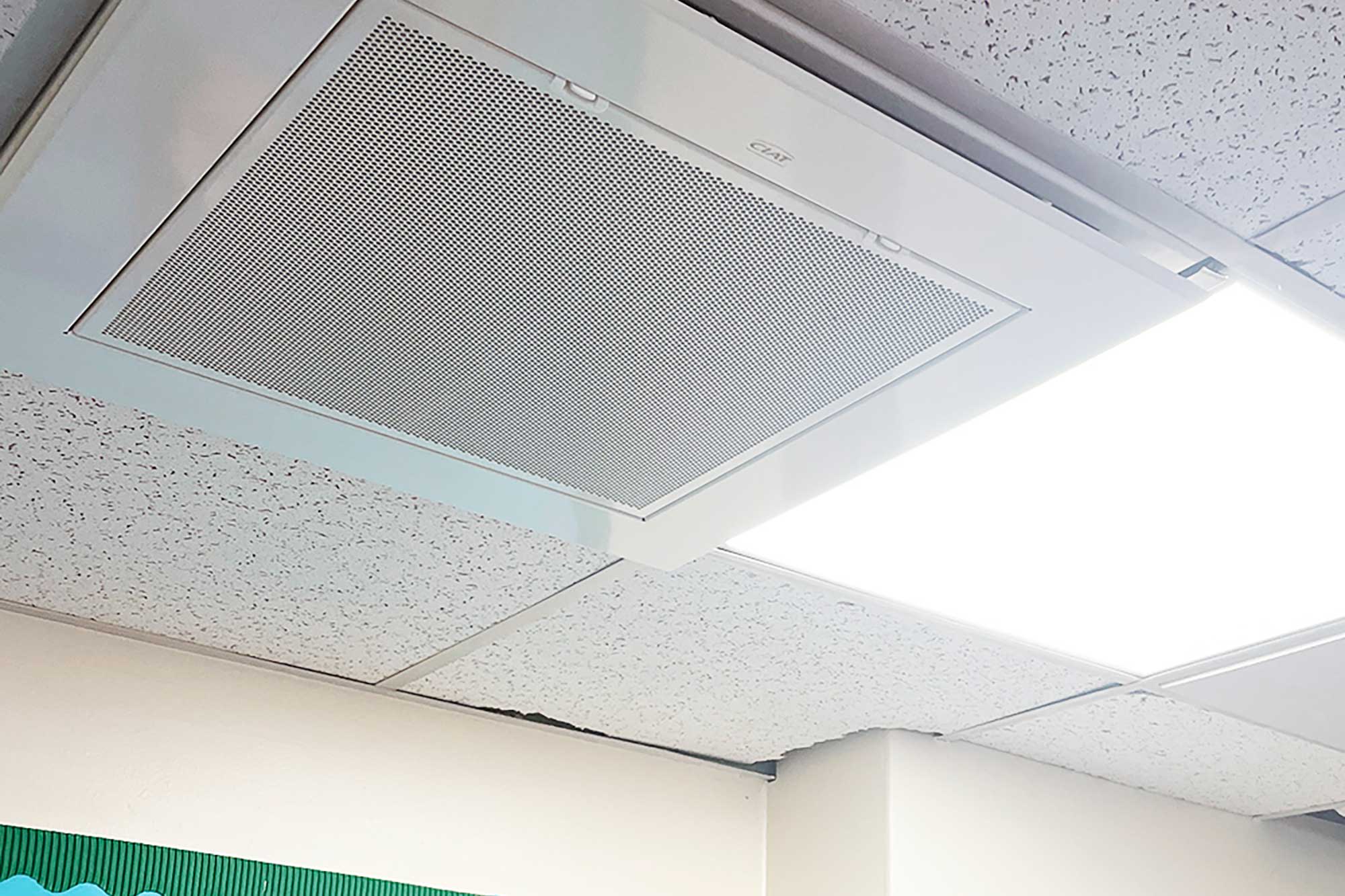
Underfunded Ventilation in Schools is Failing Our Students
Following a recent survey, CIAT is joining the efforts to raise awareness about the critical need for continued school ventilation spending amidst the UK cost-of-living crisis. CIAT UK is part of Carrier Global Corporation (NYSE: CARR), global leader in intelligent climate and energy solutions.
Reduced investment in heating and ventilation is not just a financial issue; it's a threat to our students’ learning outcomes and overall well-being. A recent survey by the Association of School and College Leaders (ASCL) has revealed a significant decline in classroom conditions, a direct result of government underinvestment.
The survey accumulated 8,585 responses from state-funded secondary and primary schools. Results revealed that 57% of respondents claimed the most recent classroom they taught in was too hot during summer due to poor ventilation, and 28% complained of cold conditions due to inadequate heating systems. Other responses included broken windows and doors (19%) or leaking ceilings (19%).
In a 2023 report, the National Audit Office highlighted that sustained underinvestment had plunged the school estate into decline, forcing around 700,000 students to learn in buildings requiring substantial refurbishment or reconstruction. According to a Carrier-backed study by researchers at Harvard’s T.H. Chan School of Public Health, these conditions are not just uncomfortable but can lead to elevated CO2 levels and higher concentrations of harmful particulate matter smaller than 2.5 microns (PM2.5) and volatile organic compounds (VOCs). These toxicity levels cause more than just physical complications, severely affecting mental functioning.
The study comprises three related studies into the impact of ventilation and filtration on occupants’ cognitive function and health in the lab, the impact in buildings in US cities, and in six countries worldwide.
"Lab tests revealed that cognitive function scores were 61% higher in green buildings (with low VOCs) than conventional buildings," said Matthew Maleki, Business Development Manager and IAQ Champion at CIAT UK&I. "In enhanced green buildings with low VOCs and enhanced ventilation, they were a massive 101% higher."
On average, participants in green-certified buildings saw 26% higher cognitive function scores than those in non-certified, high-performing buildings. Higher scores were identified in critical areas such as crisis response and strategy.
The most significant cognitive function differences were seen in crisis response (73%), the ability to gear decision-making towards overall goals (44%), the capacity to pay attention to situations at hand (38%), and strategy (31%).
"Green and well-ventilated buildings can generate massive improvements in people’s cognitive function and mental health," said Matthew Maleki, "Students are not only protected from more physical harms, but they are more productive and less likely to be off sick. Bright, well-ventilated spaces with lots of daylight are vital."
Learn more about CIAT’s approach to improving IAQ at CIAT4life







